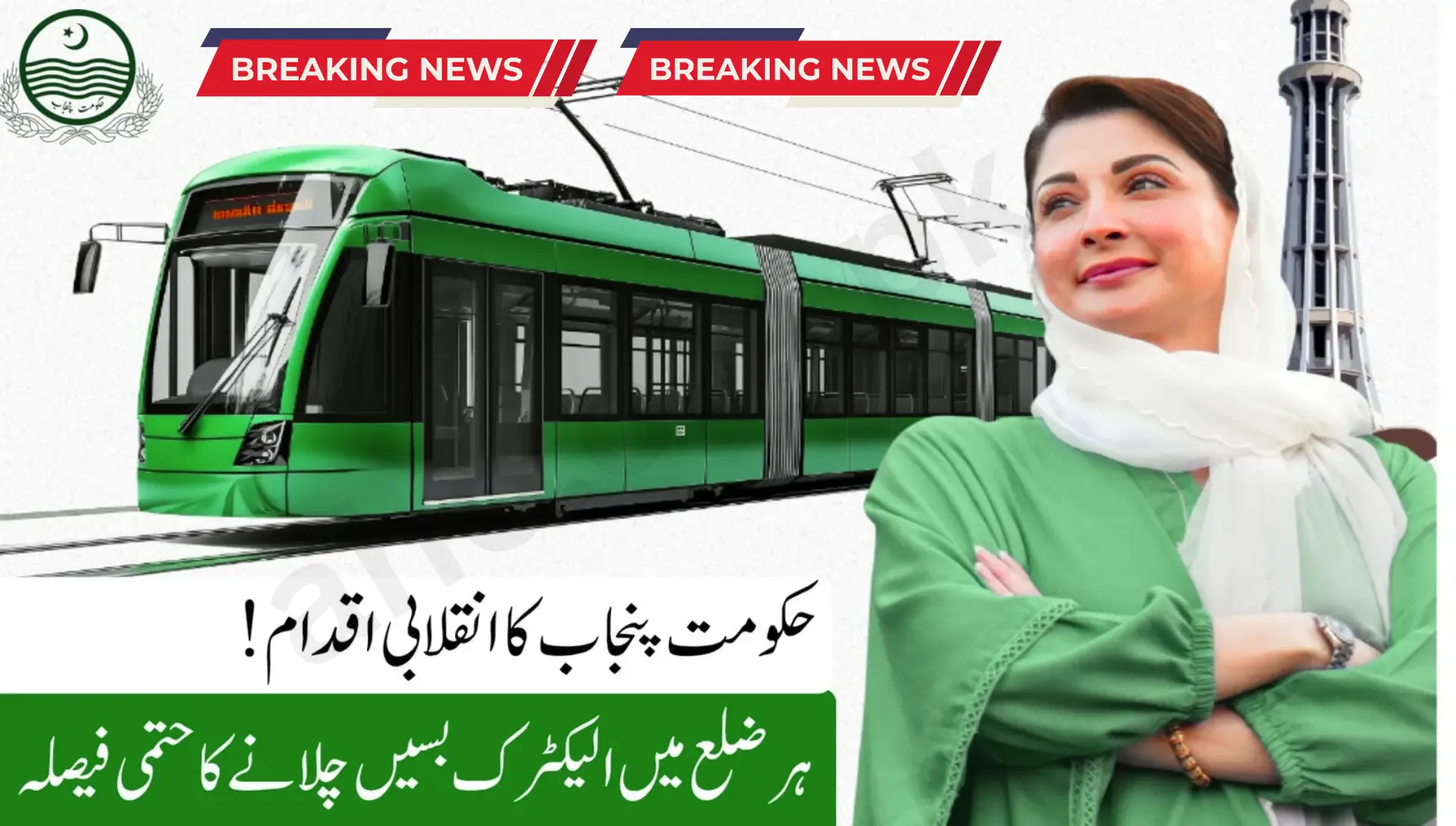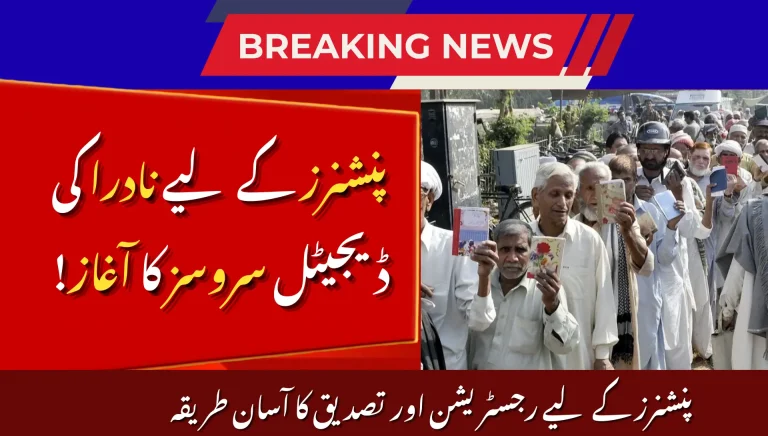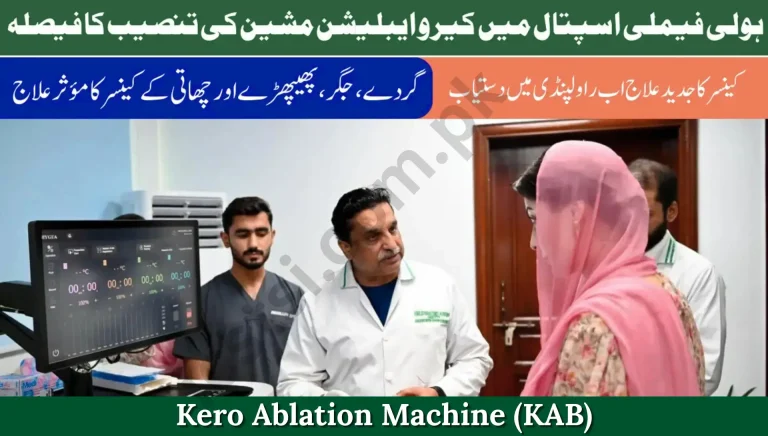Punjab to Launch 1 115 Electric Buses Across Districts: Full Rollout Plan and Clean Transport Vision 2025

Punjab to Launch 1 115 Electric Buses Across Districts: Full Rollout Plan and Clean Transport Vision 2025. Punjab is gearing up for a major transport revolution with the introduction of 1 115 electric buses across districts by December 2025.
As part of Chief Minister Maryam Nawaz’s Clean Transport Vision, this initiative aims to reduce pollution, modernize public travel, and provide affordable mobility for millions of commuters.
This project is not just a transportation upgrade it’s a green transformation for Pakistan’s most populous province, blending eco-friendly technology with smart digital systems to make public transport faster, cleaner, and more comfortable.
Punjab’s Vision for Clean and Modern Transport
Under the Punjab Clean Transport Plan 2025, the government is taking a decisive step toward sustainable mobility. CM Maryam Nawaz Sharif has made it clear that Punjab’s future lies in green, electric, and digitally connected transportation.
The plan includes:
- 1,115 electric buses operational across all districts.
- Advanced charging infrastructure in every major city.
- Smart ticketing systems and digital tracking for passengers.
- Full integration with Punjab’s upcoming Super Autonomous Rapid Transit (SRT) system.
This effort positions Punjab as the first province in Pakistan to fully implement a large-scale, zero-emission public transport system.
Key Project Details and Timeline
| Key Element | Details |
|---|---|
| Total Electric Buses | 1,115 |
| Launch Deadline | December 2025 |
| Charging Facilities | Installed in all districts |
| Bus Stop Design | Uniform model approved |
| First Rollout Focus | Major urban centers |
| Project Goal | Sustainable public transport |
| Authority in Charge | Punjab Transport Department |
The Transport Department of Punjab has already begun infrastructure development and procurement. The goal is to have all buses running by the end of 2025, supported by efficient maintenance and monitoring systems.
CM Maryam Nawaz’s Directives for Timely Completion
During a recent review meeting, CM Maryam Nawaz issued strong instructions to deputy commissioners and district officials for strict adherence to project deadlines. She emphasized:
- Every bus must be operational before December 2025.
- Charging stations should be functional in each district.
- Smart ticketing and real-time GPS monitoring must be ready before launch.
She further added that the project will meet global clean energy standards and ensure public convenience and affordability.
“This initiative will define Punjab’s new identity modern, clean, and people-first,” said CM Maryam Nawaz.
Phase-Wise Rollout Strategy
To ensure a smooth and successful implementation, the Punjab government has adopted a phased rollout approach.
Phase 1: Urban Implementation
The first phase targets high-traffic urban cities like:
- Faisalabad
- Sargodha
- Mianwali
- Wazirabad
- Muzaffargarh
- Pakpattan
Each of these cities will serve as model hubs, equipped with bus depots, electric charging stations, and digital ticketing systems.
Phase 2: Semi-Urban Expansion
Once the major cities stabilize operations, semi-urban regions will be added to the network.
These include districts with growing populations and emerging commercial centers.
Phase 3: Rural Integration
In the final phase, electric buses will reach smaller towns and rural areas, ensuring inclusive mobility across Punjab.
This gradual approach helps avoid system overload and ensures each region is fully prepared with the necessary infrastructure.
District-Wise Electric Bus Allocation
| District | Phase | Buses | Expected Start | Charging Status |
|---|---|---|---|---|
| Sargodha | 1 | 120 | Nov 2025 | Under installation |
| Faisalabad | 1 | 200 | Dec 2025 | 80% completed |
| Mianwali | 2 | 80 | Jan 2026 | Site identified |
| Wazirabad | 2 | 70 | Jan 2026 | Planning stage |
| Muzaffargarh | 3 | 60 | Feb 2026 | Feasibility approved |
| Pakpattan | 3 | 50 | Feb 2026 | Pending approval |
The remaining 535 buses will be distributed after infrastructure verification and energy readiness in respective districts.
The Punjab Transport Department expects complete deployment by early 2026.
Charging Infrastructure and Smart Energy Integration
Electric mobility depends on reliable charging infrastructure — and Punjab is investing heavily in it.
Charging Station Highlights
- Solar-powered charging points for sustainable energy use.
- High-speed and regular ports for different charging needs.
- 24/7 operational depots with trained maintenance staff.
- Smart energy monitoring to optimize power consumption.
Each district’s main terminal will host solar-assisted charging hubs, ensuring low-cost and uninterrupted operations, even during peak hours.
Smart Energy Goals
The province aims to:
- Train local technicians in EV maintenance.
- Upgrade electrical grids to support new load capacity.
- Integrate real-time monitoring systems to manage energy efficiency.
With this strategy, Punjab is not only promoting green mobility but also creating new technical job opportunities.
Impact on Citizens and Daily Commuters
The electric bus project will transform the everyday travel experience for millions of people.
Key Benefits
- Zero emissions: Cleaner air and reduced pollution.
- Affordable fares: Low-cost, sustainable rides for all.
- Modern comfort: Air-conditioned buses with GPS and digital payments.
- Reliability: Scheduled operations with real-time tracking.
Commuters can expect shorter waiting times, safer journeys, and greater accessibility between urban and suburban areas.
According to the Punjab Transport Department, each bus will replace multiple high-emission vehicles cutting carbon emissions by over 40% per route.
Super Autonomous Rapid Transit (SRT) System
The Super Autonomous Rapid Transit (SRT) project is another bold move under Punjab’s Clean Transport Vision 2025.
SRT Project Highlights
- Fully trackless, electric network connecting major cities.
- Feasibility studies already in progress.
- Integration with existing e-bus infrastructure.
The SRT will work alongside electric buses to build a hybrid urban mobility grid, connecting cities like Lahore, Faisalabad, Multan, and Rawalpindi with AI-assisted smart transport.
This system aims to eliminate traffic congestion, shorten travel times, and make eco-friendly intercity travel a new normal in Pakistan.
Urban Development and Smart City Upgrades
The government’s approach goes beyond just transport it’s a full urban renewal initiative.
CM Maryam Nawaz has aligned several urban and rural development projects with the clean transport policy.
Infrastructure Highlights
- WASA Expansion: From 5 cities to 19 active cities, with a target of 25 by year-end.
- Filtration Plants: Over 5,000 units ensuring safe drinking water.
- Model Village Project: Upgrading infrastructure in 472 rural communities.
These efforts ensure Punjab grows into a connected, smart, and sustainable province, blending clean energy, housing, and transport improvements under one strategic plan.
Economic and Environmental Impact
The project’s long-term vision goes far beyond transportation.
By investing in electric mobility, Punjab aims to:
- Reduce fossil fuel imports and save billions annually.
- Create thousands of jobs in EV manufacturing and maintenance.
- Promote local industries for bus assembly and battery production.
- Improve air quality and public health by reducing vehicle emissions.
Experts predict that by 2026, Punjab could reduce its urban pollution index by up to 25%, setting a powerful example for other provinces to follow.
Public Awareness and Community Involvement
To make this initiative successful, public participation is essential.
The government has launched awareness programs on:
- Benefits of clean mobility.
- Proper use of electric public buses.
- Importance of energy conservation.
Local schools, universities, and NGOs will collaborate to educate youth on green travel habits making them active participants in Punjab’s clean energy movement.
Comparison: Electric vs. Conventional Transport
| Feature | Electric Buses | Conventional Diesel Buses |
|---|---|---|
| Emissions | Zero | High CO₂ output |
| Maintenance Cost | Low | Expensive |
| Noise Pollution | Minimal | High |
| Fuel Cost | Low (Electricity) | High (Diesel) |
| Comfort | Air-conditioned, smart | Basic, manual |
| Sustainability | 100% Eco-friendly | Environmentally harmful |
This comparison clearly shows why electric transport is the future — not just for Punjab, but for all of Pakistan.
FAQs
Q1. When will the Punjab electric bus service start?
The first batch of electric buses will begin operations by November 2025, with full rollout completed by December 2025.
Q2. How many electric buses are being launched in Punjab?
A total of 1,115 electric buses will be introduced across all districts as part of the Clean Transport Vision 2025.
Q3. Which cities are included in the first phase?
The first phase covers Faisalabad, Sargodha, Mianwali, Wazirabad, Muzaffargarh, and Pakpattan.
Q4. What is the benefit of electric buses over traditional ones?
Electric buses are zero-emission, cost-efficient, and environmentally friendly, offering smooth, quiet rides for commuters.
Q5. Who is leading this clean transport initiative?
The project is spearheaded by Chief Minister Maryam Nawaz Sharif under the Punjab Clean Transport Vision 2025.
Conclusion
The Punjab Electric Bus Project 2025 is more than just a transportation upgrade it’s a vision of sustainable progress. By rolling out 1,115 electric buses across the province, CM Maryam Nawaz is steering Punjab toward a cleaner, smarter, and greener future.















